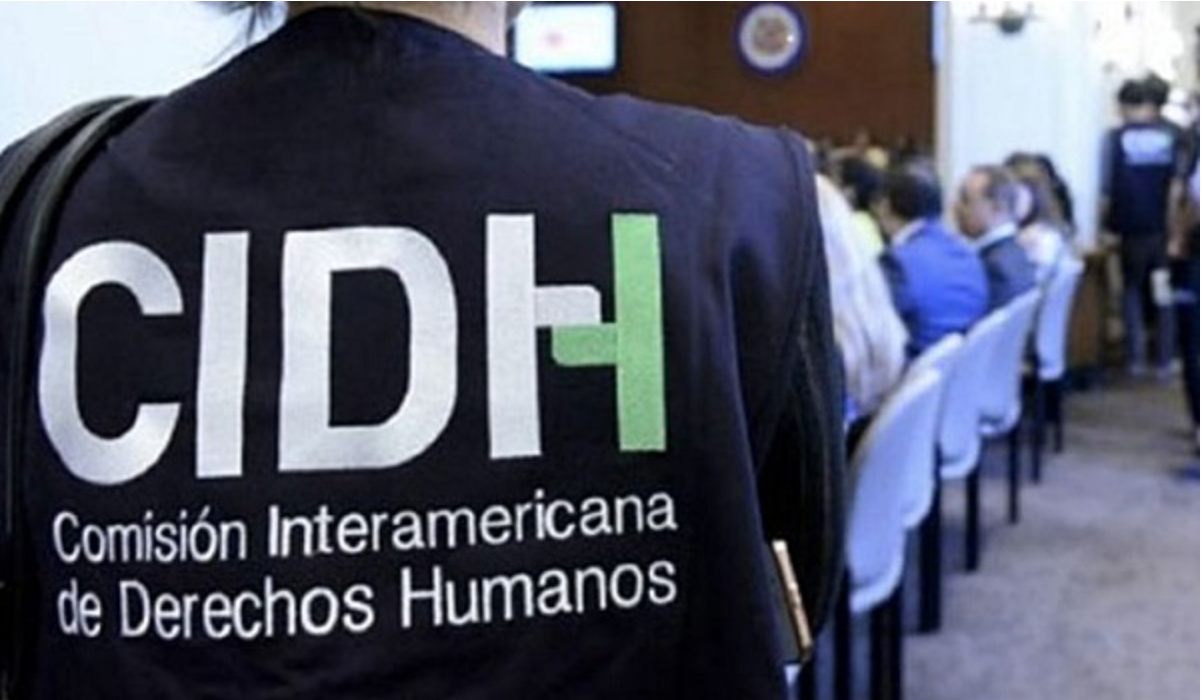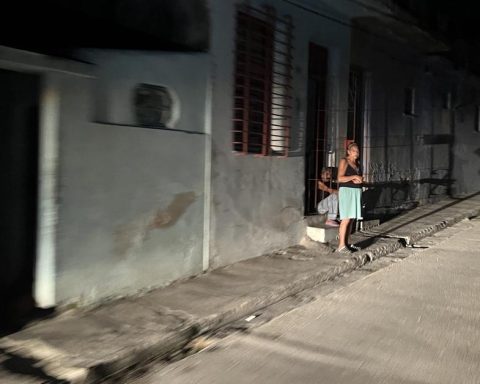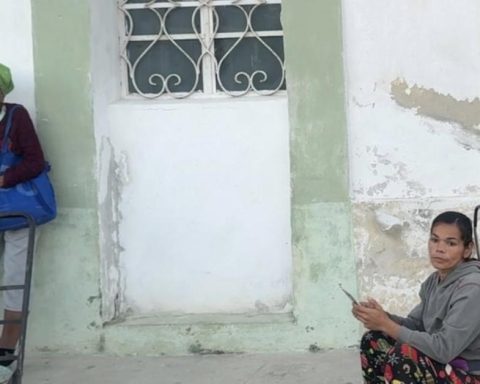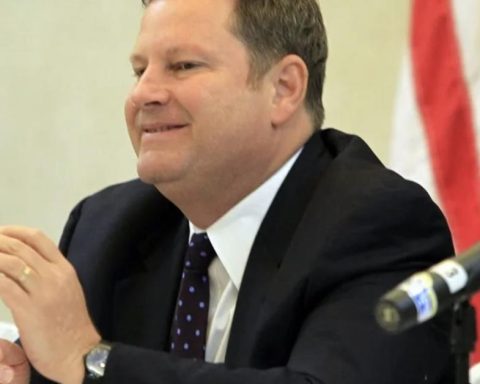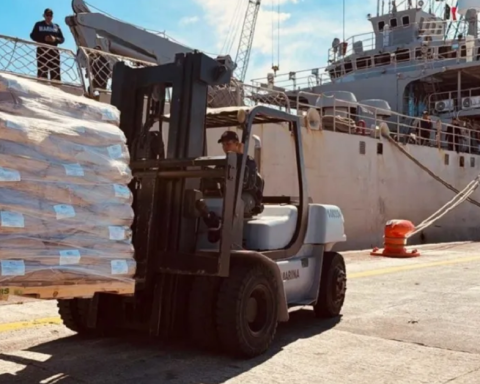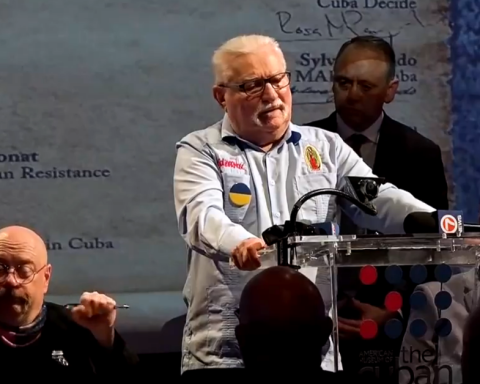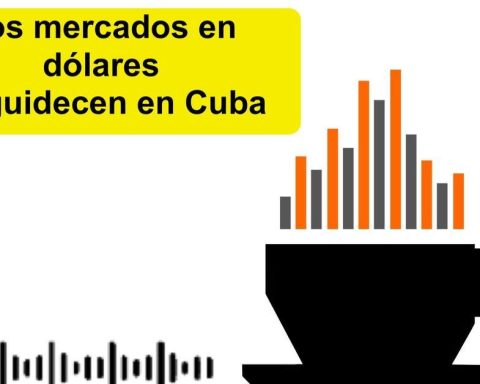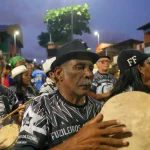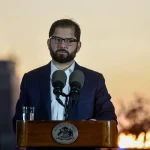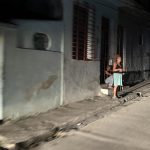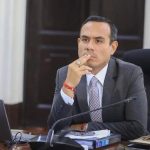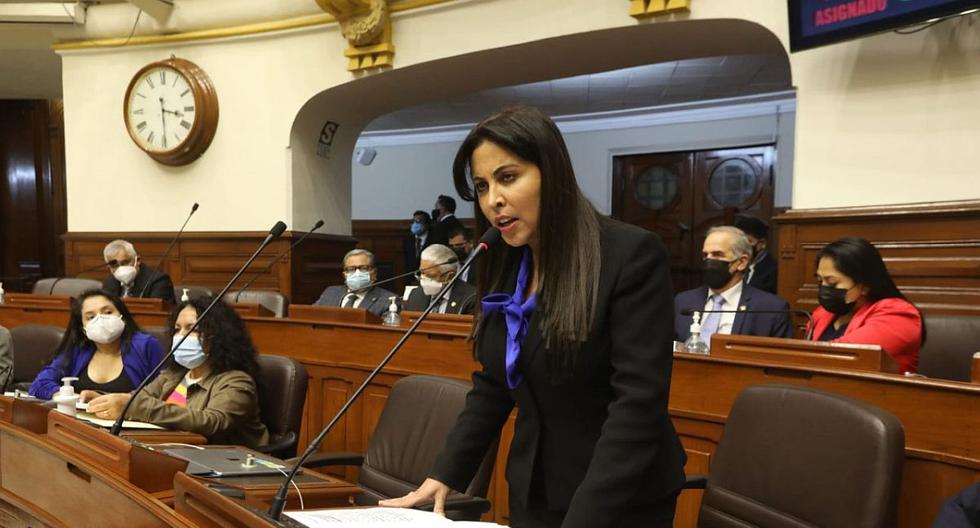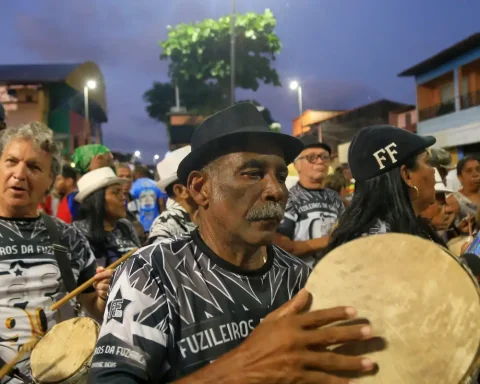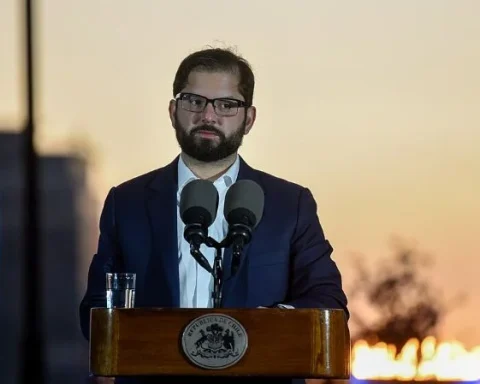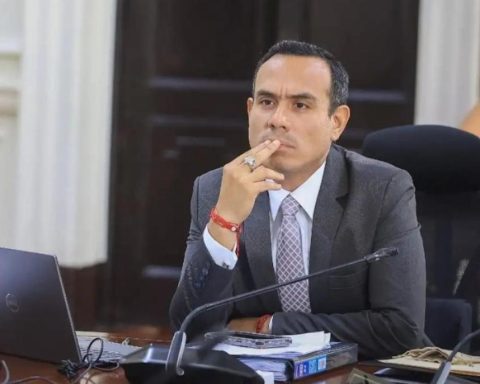The State has ignored the observations and recommendations that the IACHR has made to the country since 2019.
It is not the first time that the Inter-American Commission on Human Rights (IACHR) has called the attention to Ecuador for the crisis facing the prison system. So far this year, the entity has carried out around three alerts about what happens in the country’s prisons, recommending, among other things, adopt public politics clear aimed at the prison sector.
However, the last events recorded on November 12 and 13, in the Litoral Penitentiary, show that observations that the IACHR has carried out in a reiteratedThey have not been welcomed by the authorities of the Ecuadorian State.
This is because there is no legal consequence if Ecuador does not comply with these types of recommendations or observations. “It is not the obligation of the State to accept what the IACHR says, because there is no norm that requires that or that determines that there would be legal consequences serious against the State or its representatives due to these events of the prison crisis ”, details Ismael Quintana, a constitutional lawyer.
It adds that the only international body that could sanction to Ecuador for violation of Human Rights is the Inter-American Court of Human Rights.
Visit to analyze the situation
This November 17, the IACHR announced, through a statement, that will make a working visit from December 1 to 3 with the purpose of analyzing the situation that People Deprived of Liberty (PPL) live in detention centers.
Although this visit evidences the severity of the prison crisis, in this no human rights violations are declared, as explained by the lawyer specialized in Human Rights, María Dolores Miño.
“What the IACHR does is collect evidence of what has been happening to later issue a report that will contain recommendations to the State,” Miño mentions.
This report, as it is not binding, does not determine international responsibilities against the State for possible human rights violations of the PPL, which empowers the government authorities to decide whether or not to accept what is established in the final document prepared by the commission, once it meets with experts, officials and civil society during its on-site visit.
However, “non-observance of these recommendations would evidence bad faith from the Government to fulfill its conventional obligations to the American Convention, and could strengthen any individual request that is presented in this context ”, highlights Miño.
This means that the family members of the PPL who have died in the context of the prison crisis can take their cases, after the legal instances in the country are exhausted, to the IACHR so that, later, a lawsuit can be initiated in against the State before the Inter-American Court of Human Rights.
“Let’s not forget that there are already some precautionary measures presented, and I understand that many family members plan to go, by petition, individually to the IACHR,” warned María Dolores Miño.
What is expected from civil society?
Faced with the announcement of the IACHR’s visit, Vianca Gonzales, coordinator of the Dignidad Foundation, indicated that they hope there will be a strong report from the IACHR. “We hope that the next actions of precautionary measures that we have presented will be welcomed. That the IACHR get involved beyond tweets and coordinate actions little by little, ”said Gonzales.
In addition, he commented that they are going to start the application process to participate as civil society in the activities carried out by the Commission of the IACHR during their stay in the country. (MFU)
Effective actions recommended by the IACHR
Prevent the actions of criminal organizations
Protocols to prevent riots
Increase security and surveillance personnel
Guarantee access to information for families
The IACHR visited Ecuador after the October 2019 protests
After the October 2019 demonstrations, the IACHR also visited the country from the 28th to the 30th of the same month; however, “nothing much has happened,” said Ismael Quintana, a constitutional lawyer.
After this visit, the international organization issued a final report in which it delivered 11 recommendations mainly related to the guarantee of the rights to protest and a plan of immediate action and comprehensive reparation for the victims of the protests and their families. “More than two years have passed and no responsibility has been determined against the State or its authorities,” Quintana concluded.
